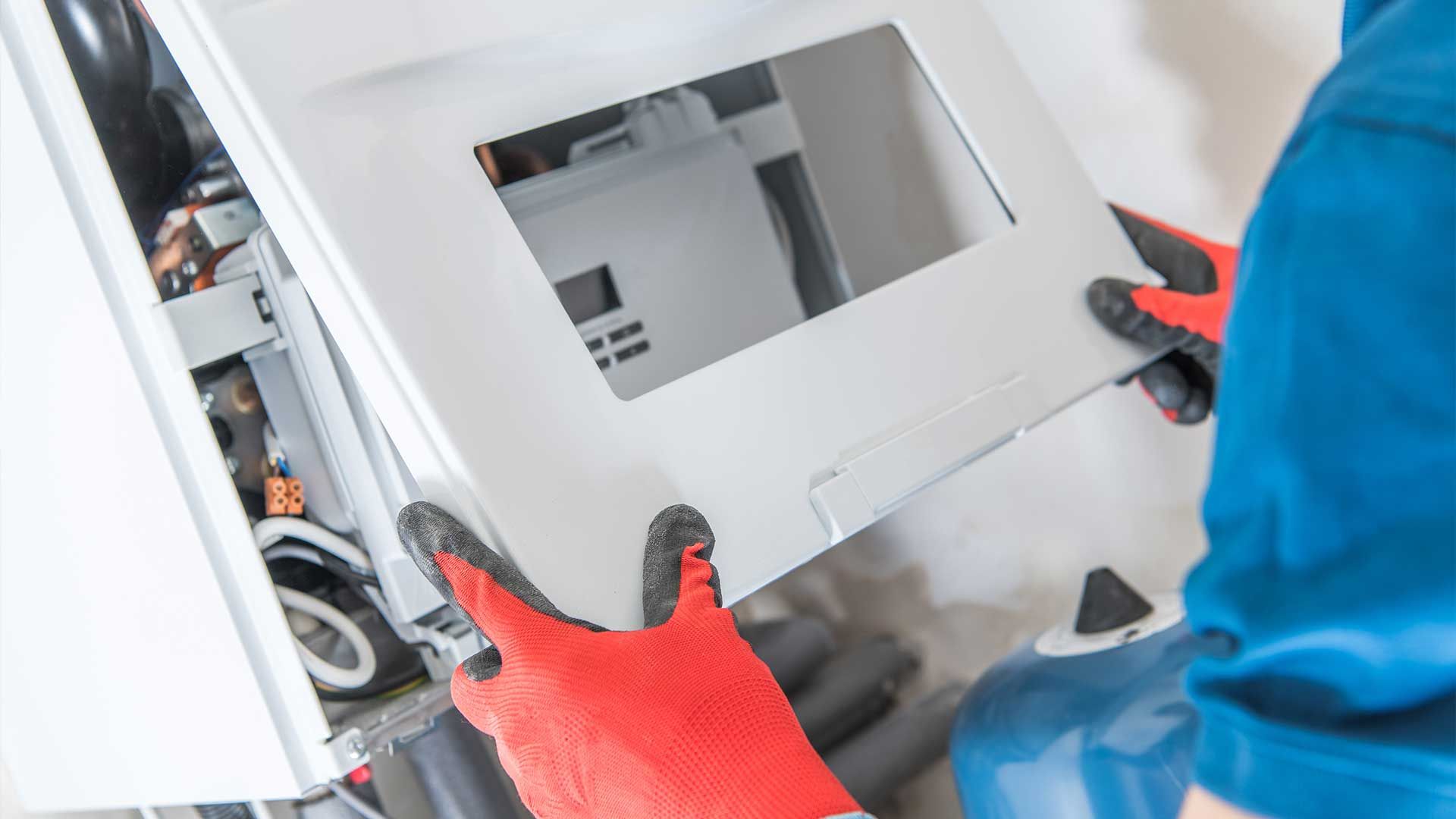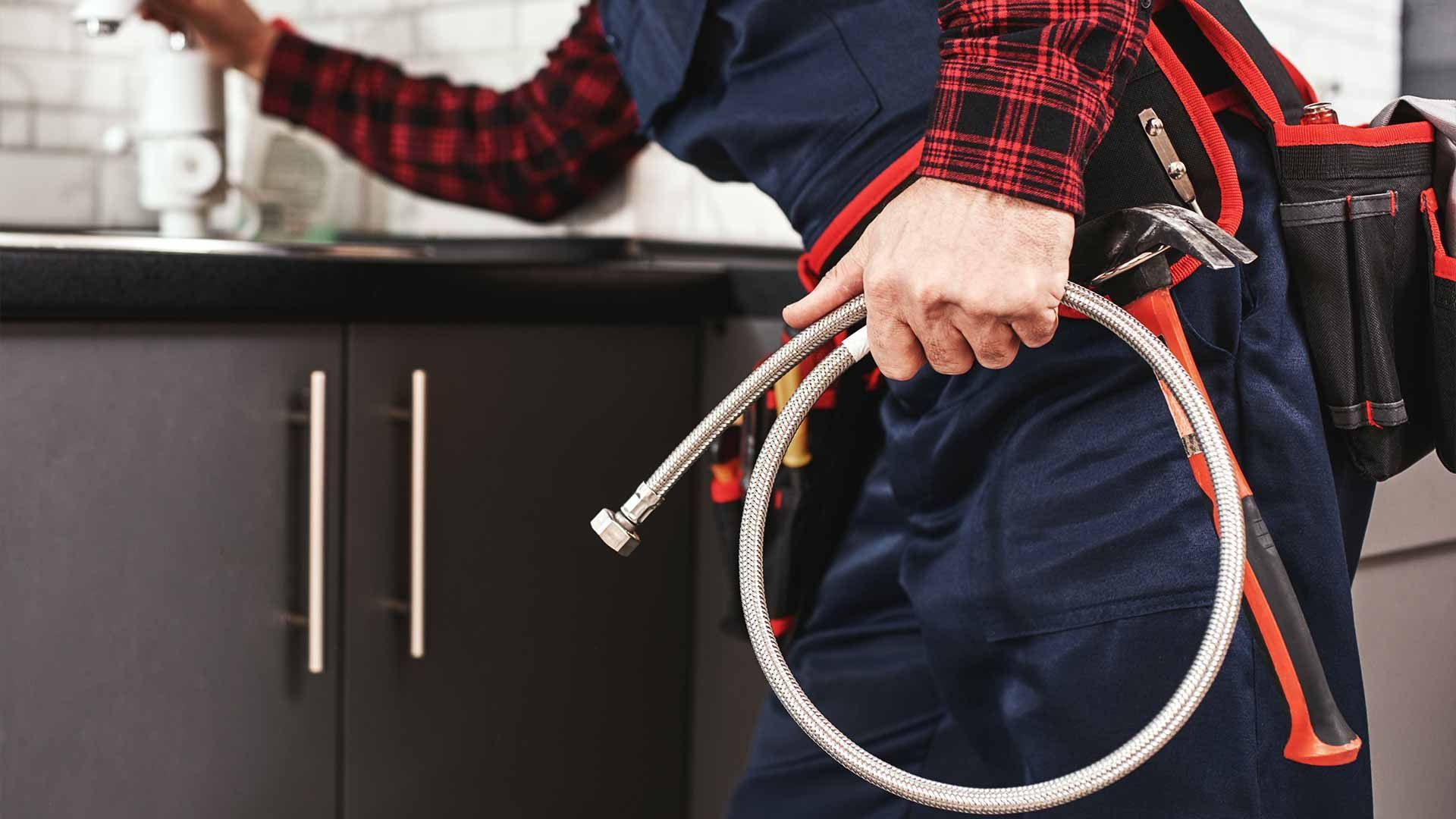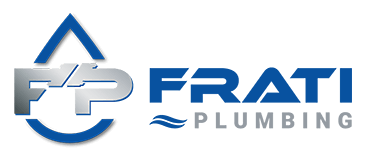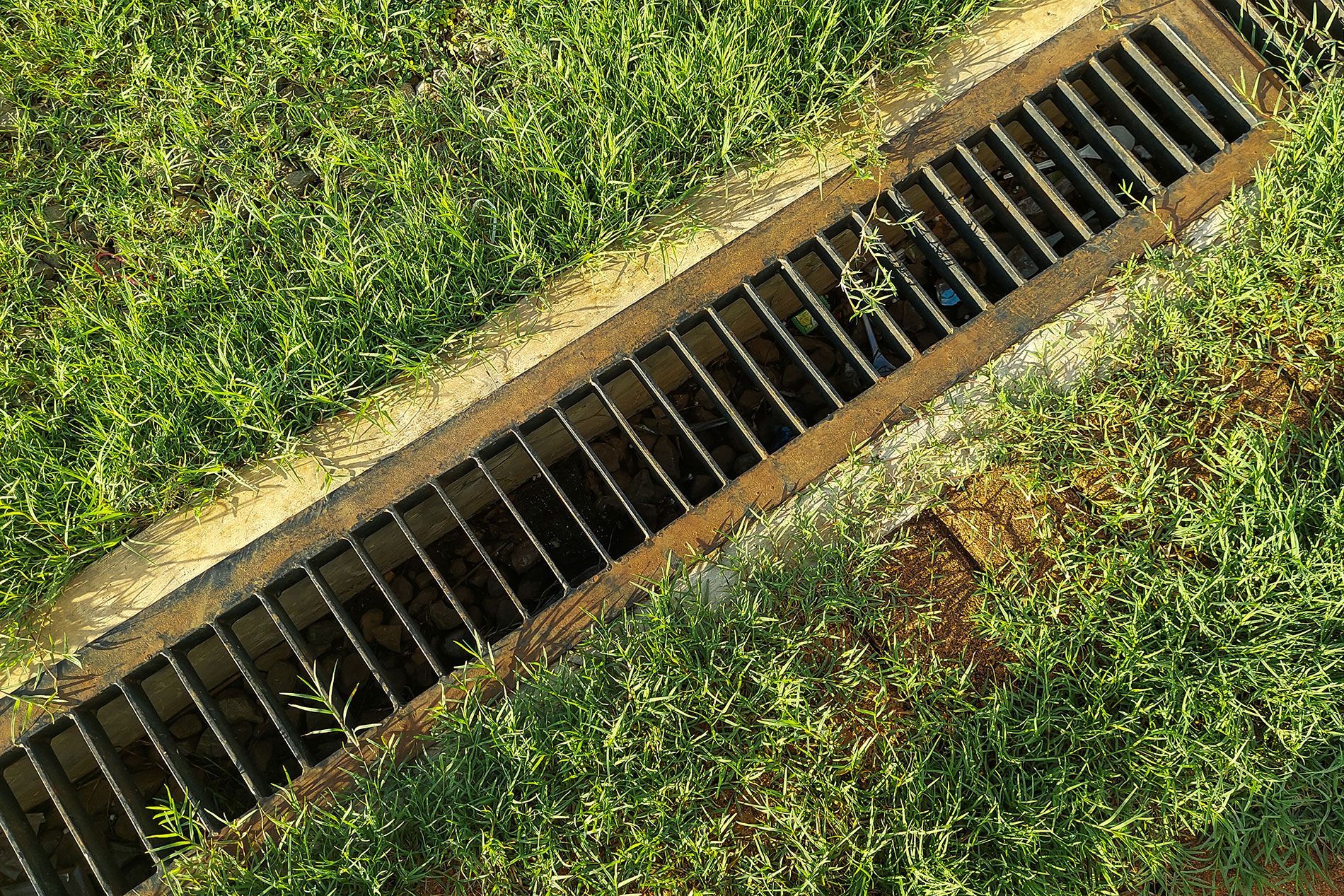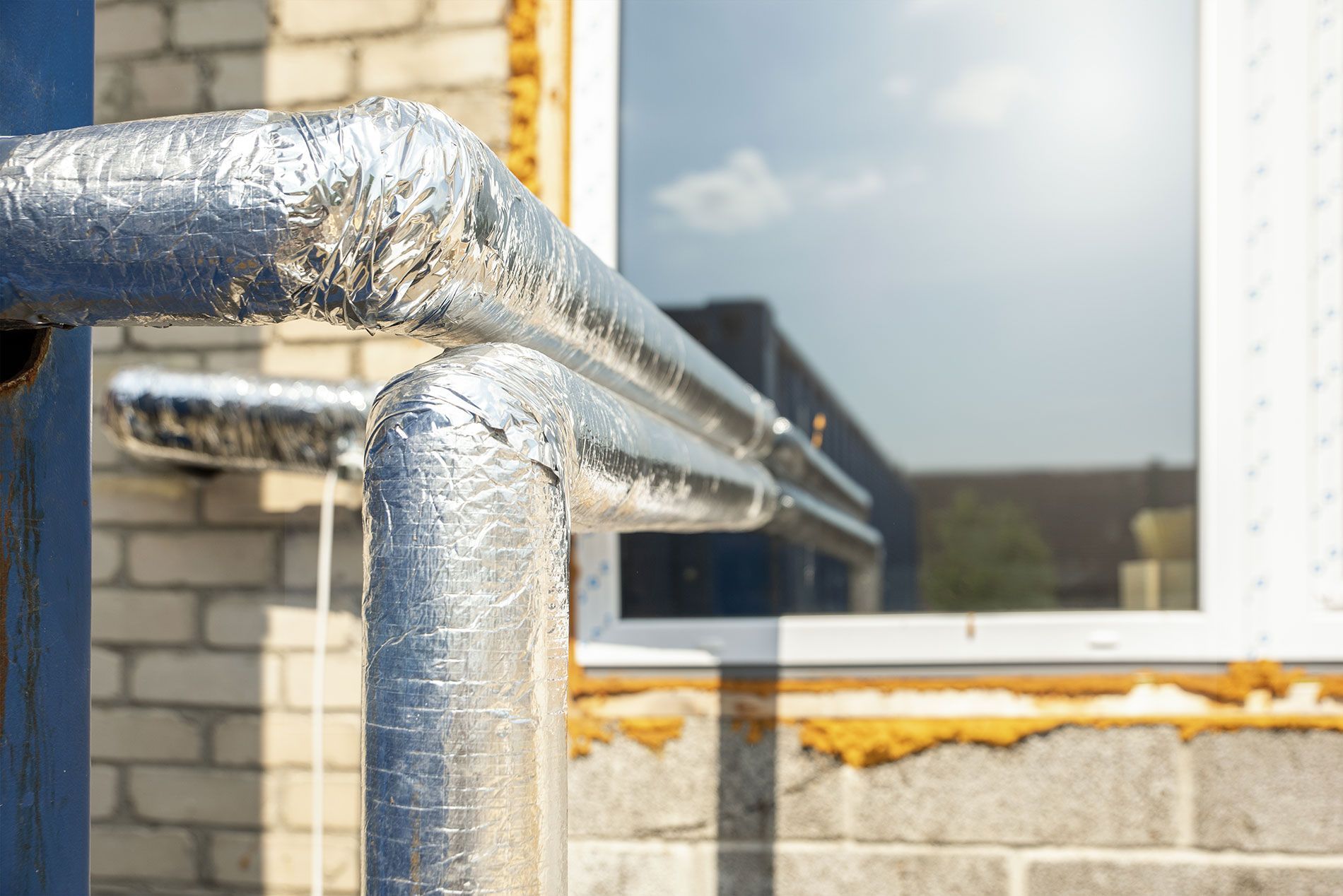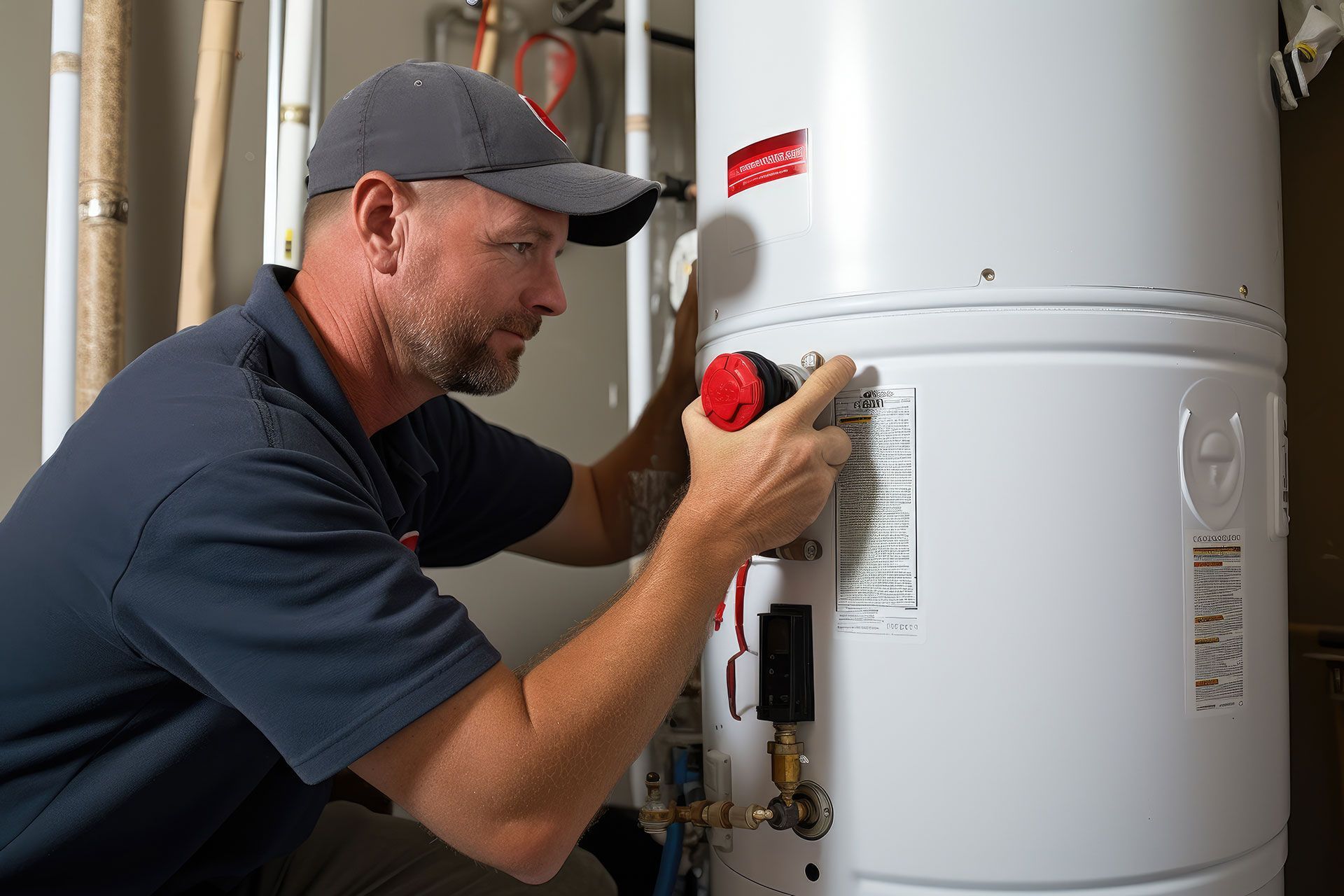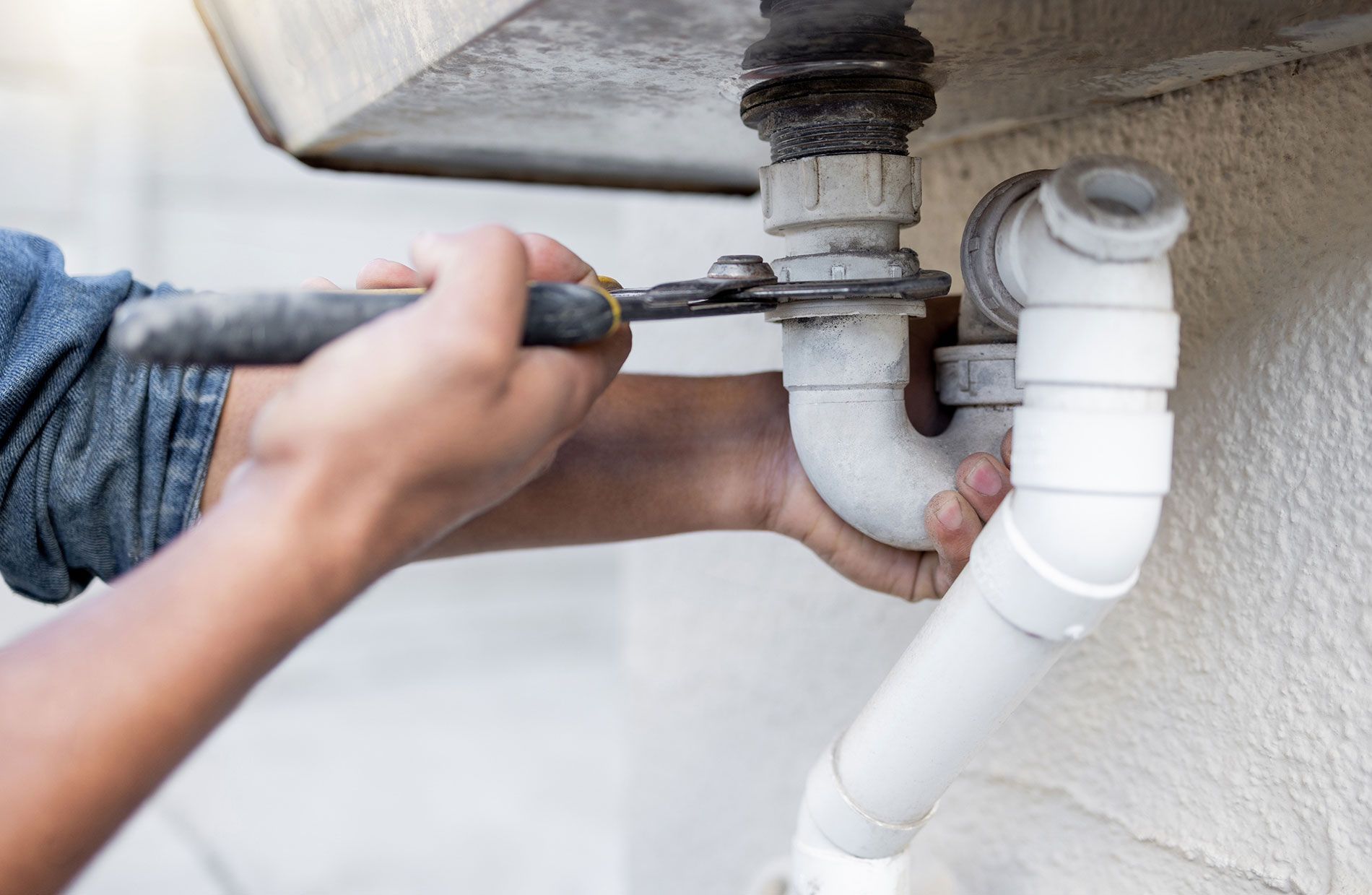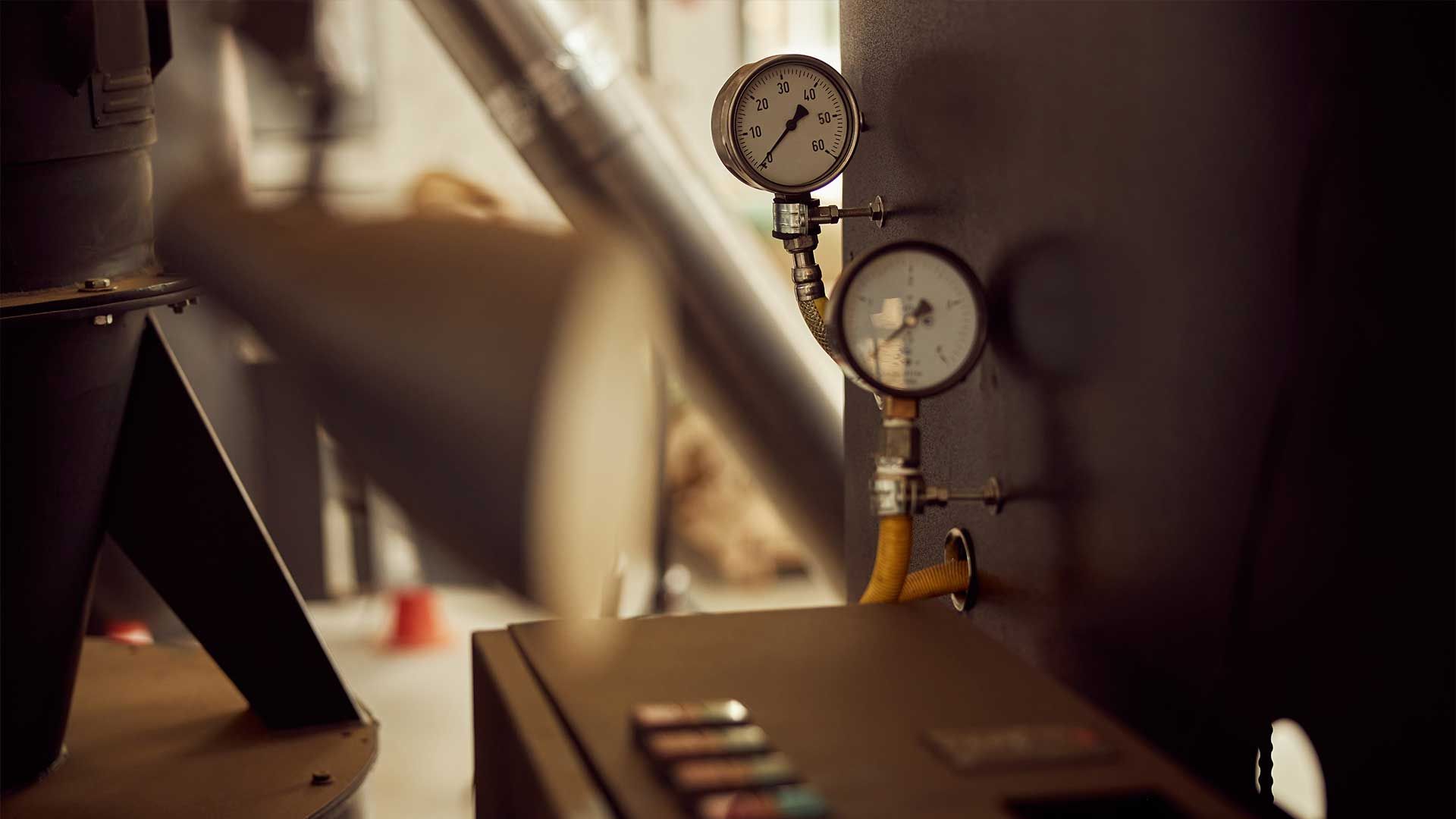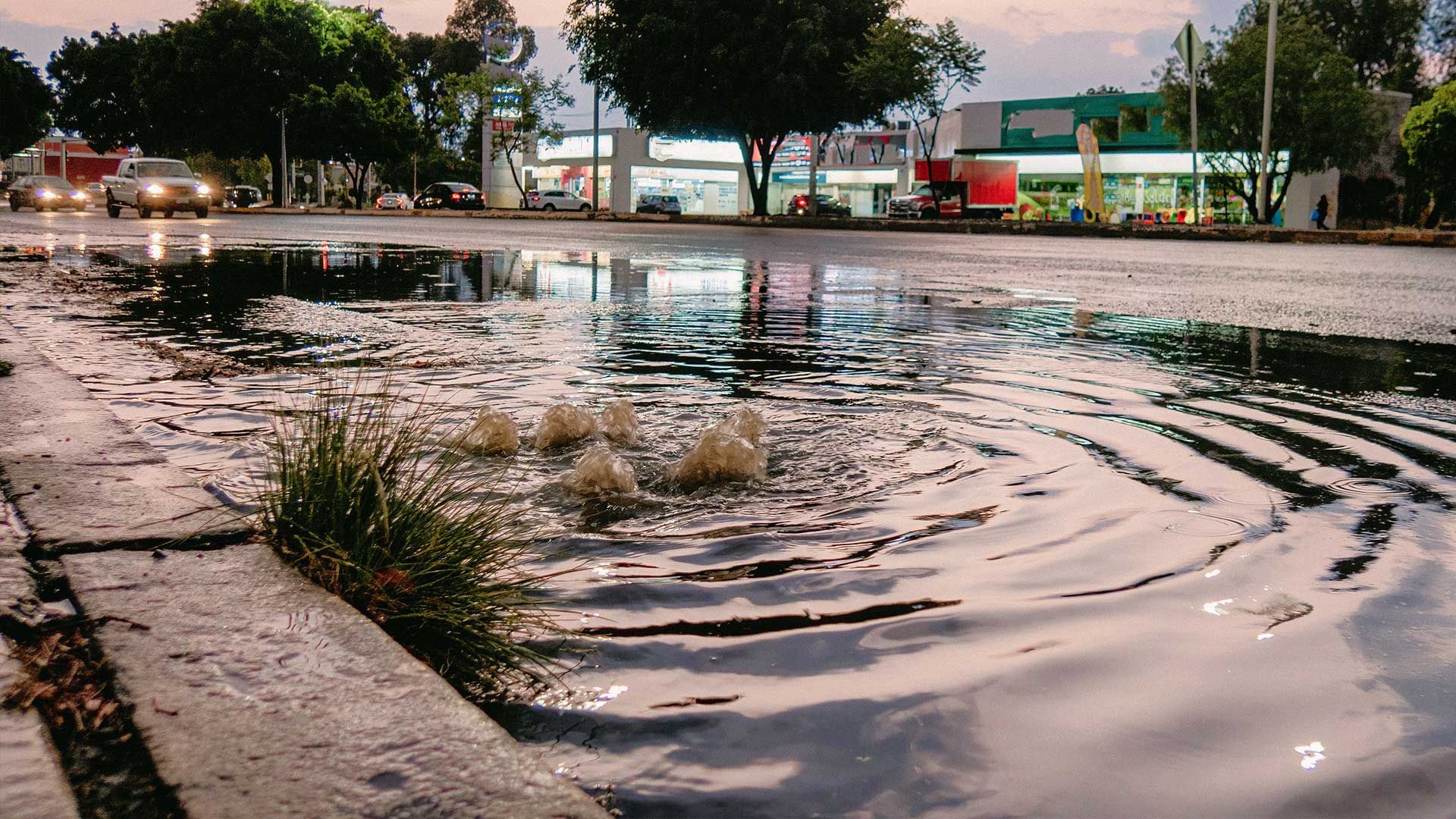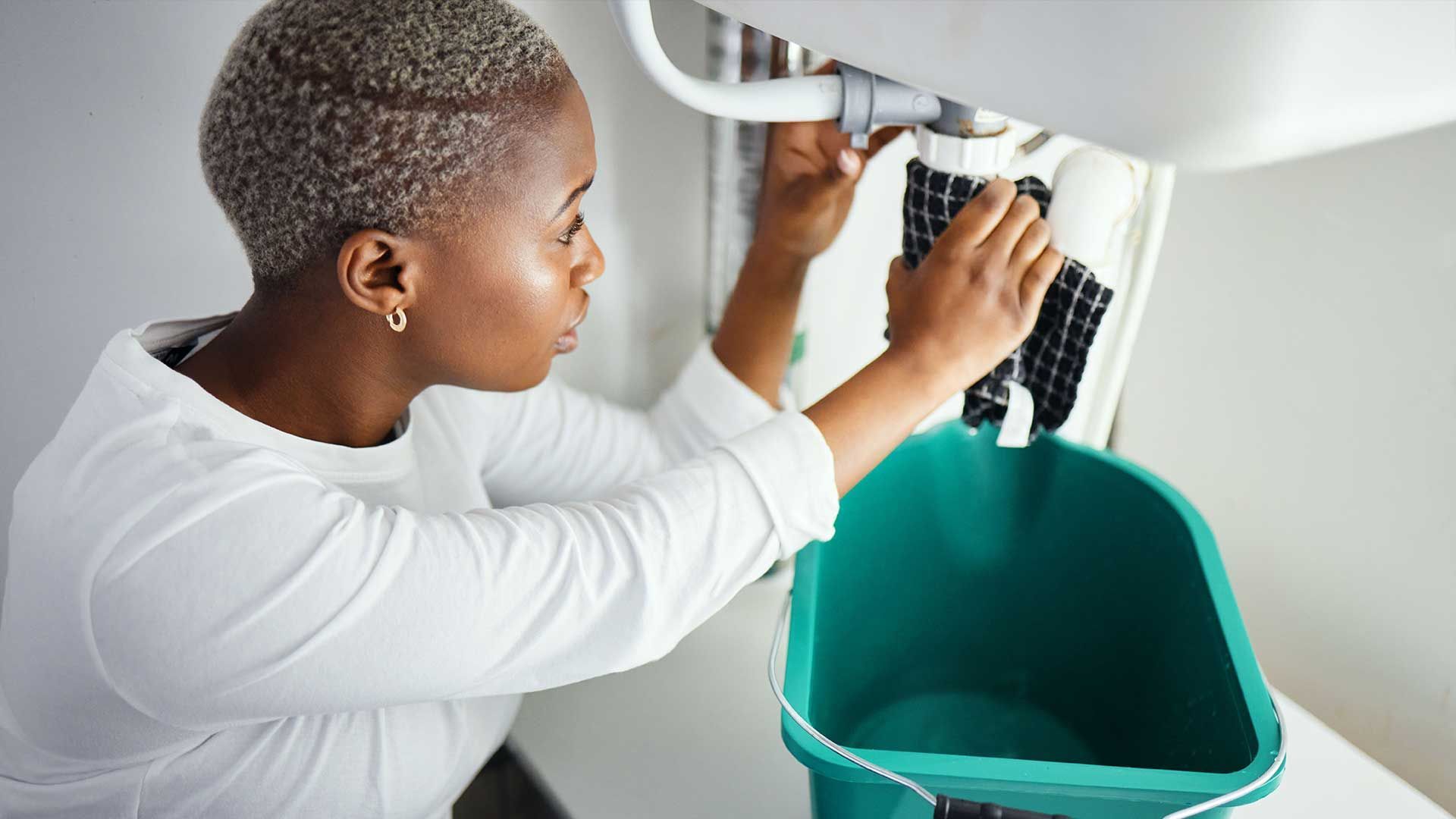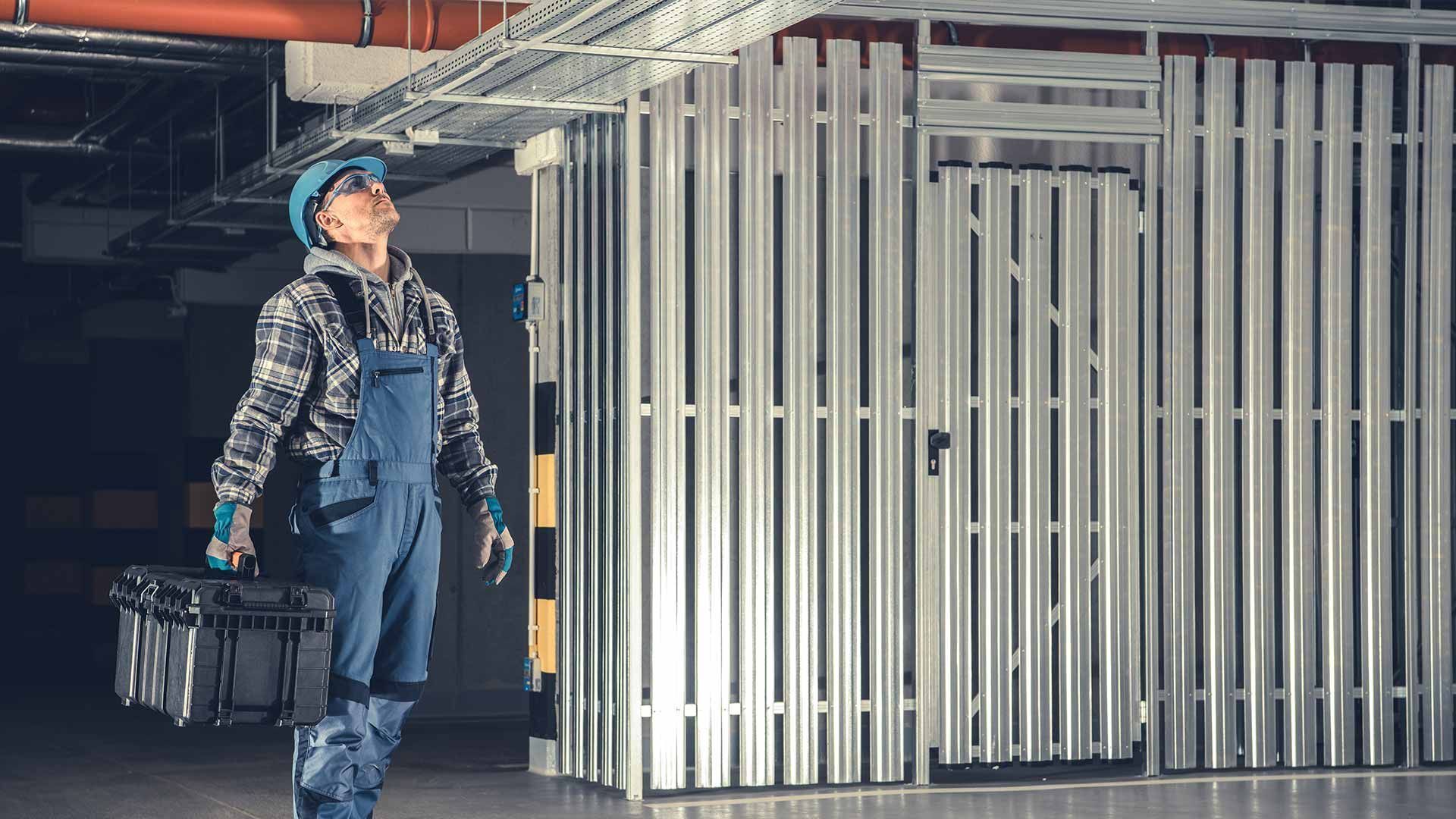Unlocking the Magic: A Comprehensive Guide on How Heat Pumps Work!
Understanding how heat pumps work is crucial for homeowners looking to efficiently heat and cool their spaces. Heat pumps utilize the principles of heat transfer to extract warmth from the air or ground and transfer it indoors during colder months, and vice versa during hotter months, providing both heating and cooling functions in one system. This comprehensive guide will delve into the intricacies of how heat pumps operate, starting with a brief overview of their functionality. We will then discuss the significance of comprehending their operation, emphasizing the benefits it brings in terms of energy efficiency and cost savings. Additionally, we'll provide a preview of the topics we'll cover in detail throughout the article, including the science behind heat transfer, the different modes of operation, efficiency considerations, maintenance tips, and the environmental impact of using heat pumps. By the end, readers will have a thorough understanding of how heat pumps work and why it matters for their homes.
Understanding the Basics of Heat Pumps
Heat pumps are highly efficient heating and cooling systems that utilize a small amount of energy to transfer heat from one location to another. Unlike traditional heating systems that generate heat, heat pumps extract heat from the air, ground, or water source outside the home and transfer it inside during the winter for heating purposes. In the summer, the process is reversed to cool the indoor air by transferring heat outside. This dual functionality makes heat pumps versatile and energy-efficient solutions for maintaining indoor comfort year-round.
There are several types of heat pumps available, each suited for different climates and heating needs. These include air-source heat pumps, ground-source (geothermal) heat pumps, and water-source heat pumps. Each type has its advantages and considerations based on factors such as installation space, local climate, and efficiency requirements.
A typical heat pump system consists of several key components working together to facilitate the heat transfer process. These components include the compressor, evaporator coil, condenser coil, refrigerant, expansion valve, and air handler or ductwork. Understanding the function of each component is essential for troubleshooting issues and ensuring optimal performance of the heat pump system.
The Science Behind Heat Transfer
Heat transfer principles are fundamental to understanding how heat pumps operate. Heat transfer occurs when thermal energy moves from a warmer area to a cooler one, seeking equilibrium. In the context of heat pumps, this process is utilized to extract heat from the outdoor air, ground, or water source and transfer it indoors for heating, or vice versa for cooling. Three main methods of heat transfer are conduction, convection, and radiation, each playing a role in the efficiency of heat pump operation.
Refrigerants play a crucial role in the heat pump's operation by facilitating the transfer of heat between the indoor and outdoor environments. As the refrigerant circulates through the system, it undergoes phase changes, transitioning between liquid and gas states to absorb and release heat. The selection of an appropriate refrigerant is essential for achieving optimal performance and efficiency while minimizing environmental impact.
Heat pumps utilize the principles of heat transfer to maintain comfortable indoor temperatures year-round. In heating mode, the heat pump extracts heat from the outdoor environment and transfers it indoors. Conversely, in cooling mode, the heat pump removes heat from indoor air and releases it outside. This process is achieved through the manipulation of refrigerant cycles, compressor operations, and the interaction of various system components, demonstrating the versatility and efficiency of heat pump technology.
Heating Mode: How Heat Pumps Warm Your Home
Heating mode operation in a heat pump follows a systematic process to extract heat from the outdoor environment and transfer it indoors. It begins with the outdoor unit absorbing thermal energy from the surrounding air, even in cold temperatures. The refrigerant within the outdoor coil absorbs this heat and becomes a low-pressure, low-temperature gas.
The heating cycle in a heat pump involves several key stages. Firstly, the low-pressure, low-temperature refrigerant absorbs heat from the outdoor air in the evaporator coil, causing it to evaporate into a gas. Next, the compressor increases the pressure and temperature of the refrigerant gas, making it more energetic. The heated refrigerant then flows to the indoor coil, where it releases heat into the indoor space as it condenses back into a liquid. Finally, the refrigerant returns to the outdoor unit to repeat the cycle.
Several factors can influence the heating efficiency of a heat pump. These include the outdoor temperature, system size and capacity, insulation levels in the home, and the effectiveness of air sealing and ductwork. Additionally, proper system installation and regular maintenance play crucial roles in ensuring optimal heating performance and efficiency.
Cooling Mode: How Heat Pumps Cool Your Home
Cooling mode operation in a heat pump involves a systematic process to remove heat from the indoor air and transfer it outside. It begins with the indoor unit absorbing heat from the indoor air, which causes the refrigerant inside the evaporator coil to evaporate into a gas. This gas is then compressed by the compressor, increasing its temperature and pressure.
The cooling cycle in a heat pump consists of several stages. Firstly, the compressor increases the pressure and temperature of the refrigerant gas, making it highly energetic. Next, the hot refrigerant gas flows to the outdoor coil, where it releases heat into the outdoor air as it condenses into a liquid. The cooled refrigerant then returns to the indoor coil to repeat the cycle and continue cooling the indoor space.
Several factors can affect the cooling efficiency of a heat pump. These include the outdoor temperature and humidity levels, system size and capacity, airflow restrictions, insulation levels in the home, and the condition of air filters. Proper installation, regular maintenance, and adequate airflow are essential for optimizing cooling efficiency and ensuring comfortable indoor temperatures.
Efficiency and Energy Savings
Heat pumps offer numerous advantages for both heating and cooling compared to traditional HVAC systems. Firstly, they are highly energy-efficient, as they transfer heat rather than generate it, resulting in lower energy consumption and reduced utility bills. Additionally, heat pumps provide consistent and even heating and cooling throughout the home, eliminating hot or cold spots. They are also environmentally friendly, producing fewer greenhouse gas emissions compared to fossil fuel-based heating systems. Furthermore, heat pumps can dehumidify indoor air during the cooling season, improving comfort and indoor air quality.
When comparing efficiency, heat pumps typically outperform traditional HVAC systems, especially in moderate climates. While the initial cost of installation may be higher for heat pumps, the long-term energy savings often outweigh the upfront investment. Heat pumps can achieve higher efficiency ratings, such as SEER (Seasonal Energy Efficiency Ratio) for cooling and HSPF (Heating Seasonal Performance Factor) for heating, compared to traditional systems.
There are several tips for maximizing energy savings with heat pumps. Firstly, ensure the heat pump is properly sized for the home's heating and cooling needs to avoid energy waste. Additionally, regularly clean or replace air filters to maintain optimal airflow and efficiency. Programmable thermostats can help adjust temperatures based on occupancy patterns, reducing energy consumption when the home is unoccupied. Proper insulation and sealing of ductwork also contribute to energy savings by preventing heat loss or gain. Finally, scheduling regular maintenance by a qualified technician can ensure the heat pump operates efficiently and prolong its lifespan.
Common Issues and Maintenance Tips
Common problems encountered with heat pumps can include issues such as inadequate heating or cooling, reduced airflow, strange noises, and refrigerant leaks. These problems may arise due to factors like improper installation, lack of maintenance, or component wear and tear over time. Identifying and addressing these issues promptly is essential to ensure the heat pump operates efficiently and effectively.
Regular maintenance is crucial for optimizing the performance and longevity of a heat pump. Professional maintenance tasks typically include inspecting and cleaning the evaporator and condenser coils, checking refrigerant levels, lubricating moving parts, and testing system controls. Regular maintenance not only helps prevent potential problems but also ensures the heat pump operates at peak efficiency, reducing energy consumption and utility costs.
While some maintenance tasks can be performed by homeowners, such as regularly changing air filters and keeping the outdoor unit clear of debris, certain tasks require professional expertise. Homeowners should call a professional technician if they encounter complex issues, refrigerant leaks, electrical problems, or if the heat pump fails to heat or cool adequately despite basic troubleshooting efforts. Additionally, scheduling annual professional maintenance visits is recommended to keep the heat pump in optimal condition.
Environmental Impact and Sustainability
Heat pumps play a significant role in reducing carbon emissions by offering a more energy-efficient alternative to traditional heating and cooling systems. By extracting heat from renewable sources such as the air, ground, or water, heat pumps minimize reliance on fossil fuels for heating, thus lowering greenhouse gas emissions. Their ability to operate efficiently even in low-temperature environments further enhances their environmental benefits by reducing overall energy consumption.
When compared to other heating and cooling options, heat pumps generally have a lower environmental impact. Unlike combustion-based systems like furnaces or boilers, heat pumps do not produce direct emissions during operation. Additionally, they can achieve higher efficiency levels, resulting in reduced energy consumption and associated emissions over time.
Future trends and innovations in heat pump technology focus on enhancing sustainability and efficiency. These include advancements in compressor technology, refrigerants with lower global warming potential, and integration with renewable energy sources such as solar power. Additionally, developments in smart controls and building automation aim to optimize heat pump operation for maximum energy savings and environmental benefits. As the demand for sustainable heating and cooling solutions grows, continued innovation in heat pump technology will play a crucial role in mitigating climate change.
Conclusion
In this comprehensive guide on how heat pumps work, we've explored the fundamental principles behind their operation, including the science of heat transfer and the role of refrigerants. We've discussed the step-by-step processes of both heating and cooling modes, along with factors affecting efficiency and common maintenance issues. Additionally, we've highlighted the environmental benefits of heat pumps and future trends in sustainable technology.
Considering the numerous advantages heat pumps offer, we encourage readers to explore them as viable options for their heating and cooling needs. With their energy efficiency, environmental friendliness, and year-round comfort, heat pumps are a smart choice for homeowners seeking sustainable and cost-effective solutions.
Understanding how heat pumps work is essential for making informed decisions about home comfort systems. By grasping their functionality and efficiency, homeowners can maximize energy savings and minimize environmental impact. At Frati Plumbing, we're committed to helping you make the most of your HVAC investments. For expert advice, installation, and maintenance of heat pumps, contact us at 707-217-2712. Let us help you achieve efficient and sustainable indoor comfort today.
FAQs
